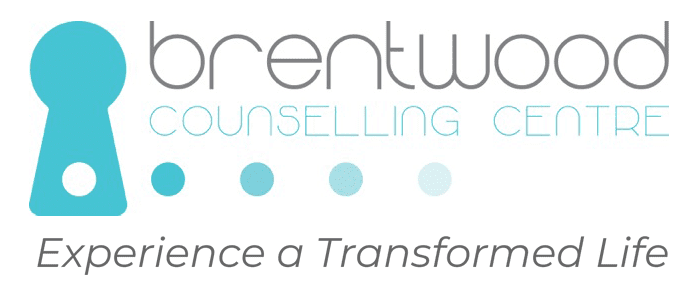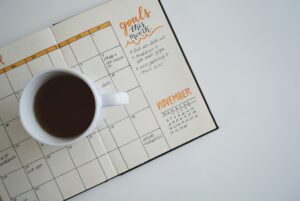Written by: Dr. Nardeen Awadalla, PsyD, Doctoral Clinician
When was the last time you made a decision? Did you feel good about it?
Clicking on this article to read was a decision you just made. Why did you click the link? Why did you start reading? We make decisions all the time, some feel bigger than others, some feel more difficult than others, but in the end, they are all decisions.
Sometimes we feel good about decisions, sometimes we regret decisions. One thing we know is that decisions we feel good about all have one thing in common; they align with our values.
Let’s break down the process of making a decision that we feel good about.
1. Forget the outcome!
Oftentimes we focus on possible outcomes when we try to make a decision. While we need to consider consequences and make an informed choice, a lot of times, we have no way of knowing what will actually happen.
Especially when there are external factors that play a big role, focusing on the outcome can increase anxiety or feel paralyzing. For example, it’s hard to predict how someone will react to decision you make; a lot of their reactions depend on how they interpret what you did and their previous experiences. In some cases, trying to figure out how someone will react may be a fruitless exercise.
2. Focus on the decision!
While we don’t have control over the outcome, we do have control over our reactions and behaviours—our decisions. Separating the decision and the outcome can decrease anxiety and make a situation feel manageable.
You may feel good or bad about making a decision, regardless of the outcome, so it is more effective to focus your energy on considering the options you have. You can decide what you can do and how you can react.
For example, say a colleague owes you an apology. You yell at them, and they apologize to you. In this situation, while you may have gotten the outcome you wanted (an apology), you may still not feel good about your decision to yell at them.
Alternately, if you decided not to yell at them, you may feel good about your decision, even if you don’t get an apology. The key to how you feel about a decision lies in your values.
3. Know your values!
When your values and behaviours align, you can experience a sense of well-being; you feel good. Values are your ideals, the things that are important to you, things that are key to you being you.
Values are different from goals; they are not things to achieve, rather they are ideals to strive for. Values are a compass guiding you towards your best, most authentic version of yourself. Values can be things such as kindness, family, adventure, or responsibility. You can search online to see lists of values that you can consider.
Exploring Values
You can identify what your values are by asking yourself the following questions:
- When have I felt most connected and peaceful? What was I doing? Who was I around? What felt good about it?
- What decisions have I regretted? What happened? What felt bad about it? Why does this matter to me?
- When have I felt most proud? What was I doing? Who was around? Why was this important?
- What situations make me feel the most stressed? What feels stressful about them? What makes this important?
Next time you’re faced with a difficult decision, focus on what you have control over and ask yourself, which option best aligns with my values? That way, regardless of outcome, you have behaved in a way that feels good to you… and you can feel good about yourself, regardless of the outcome.
Now that you’ve read this article, identify the value that led you to clicking on it? Was it a value of being curious, attaining knowledge, wellness, or success?
Contact a therapist at Brentwood Counselling Centre today to help explore your values and understand how they impact your emotional wellness and relationships!







